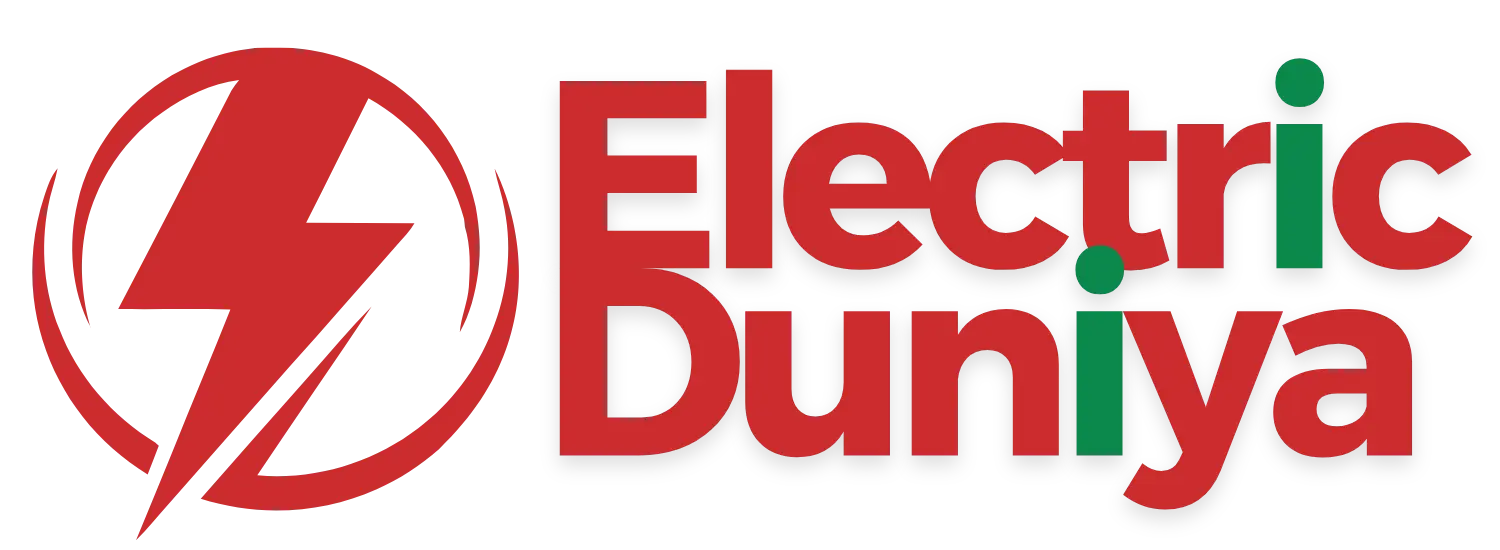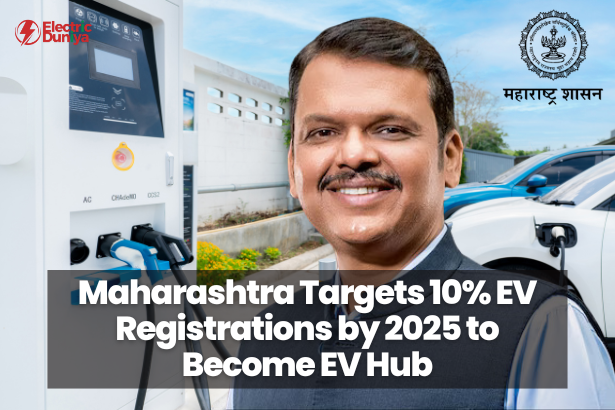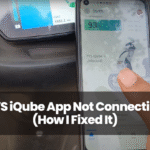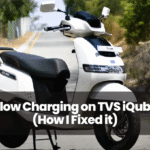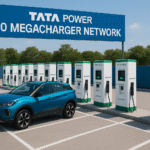In a big leap towards greener transportation, Maharashtra will soon announce a new EV policy with the target to make all new vehicle registrations 10% electric by 2025.
It is a step that is not only in line with India’s national green objectives but places the state at the forefront in creating an enabling ecosystem for e-mobility with targeted incentives and convenience infrastructure.
Policy Highlights
Maharashtra’s NEW EV Policy has some clear and ambitious targets it has set for itself. By 2025, the state is seeking to have 10% of all new vehicle registrations be electric. The state-owned Maharashtra State Road Transport Corporation (MSRTC) will partly shift its buses to electric mode.
The conversion will result in emissions from public transportation dropping by 15%. The policy also comprises the establishment of 1 gigawatt battery manufacturing unit and putting in place 1,500 public charging stations in Mumbai alone.
The attention is even on four important expressways for EVs to ensure uninterrupted travel over long distances. This policy is intended to develop a strong environment-friendly ecosystem for the adoption of electric vehicles in personal and business segments.
Incentives and Subsidies
In an attempt to increase the penetration of EVs, the policy of Maharashtra provides significant cash incentives to vehicle buyers. Electric two-wheelers.
On the other hand, they can qualify for up to ₹10,000 in subsidies, with a ₹30,000 allowance for those considering to buy an electric three-wheeler.
Electric four-wheelers also attract a massive subsidy of up to ₹2.5 lakh. Furthermore, all EVs are free from road tax and registration fees. The government is also providing capital support to install EV charging infrastructure and set up battery assembly plants.
These incentives are intended to lower at the onset the cost of EV purchases for individual consumers and fleet operators, thus accelerating adoption.
Infrastructure Development
Maharashtra is also spending big on charging infrastructure to cater to the rising demand for EVs. The state also aims to set up 2,500 charging stations in major urban and highways, where 1,500 will be set up only in Mumbai.
Besides, four main expressways, including the Mumbai-Pune expressway, will be EV-enabled by 2025. The measures are in line with the Central government’s FAME-II initiative, making the State SOC-ready for mass EV adoption, as well as enabling long-range coverage for EV users.
Industrial and Economic Impact
Maharashtra’s EV policy is anticipated to draw large investments to the state, including JSW Group’s $35 billion pledge towards electric vehicles, battery manufacturing, and green energy in the state.
It is also expected to bring in more than 10,000 jobs and strengthen the industrial chain of the EV industry. These investments leave Maharashtra well placed to be the electric mobility hub for India, a benefit that stretches further than the automotive industry to develop a sustainable economy built on clean energy and green technology.”
Challenges and Considerations
The new EV policy offers much promise, but there are some challenges:
- Availability of charging infrastructure as the number of EVs continues to grow.
- Guaranteeing the delivery of such affordable quality EV batteries.
- EVs will also continue to depend on public awareness and acceptance to make headway.
This policy is a bold move to push electric mobility in India, and it can change the dynamics of the way business is done in the automotive industry. With initiatives commitment and local industry support, Michigan is poised to become a mover in sustainable transportation.
